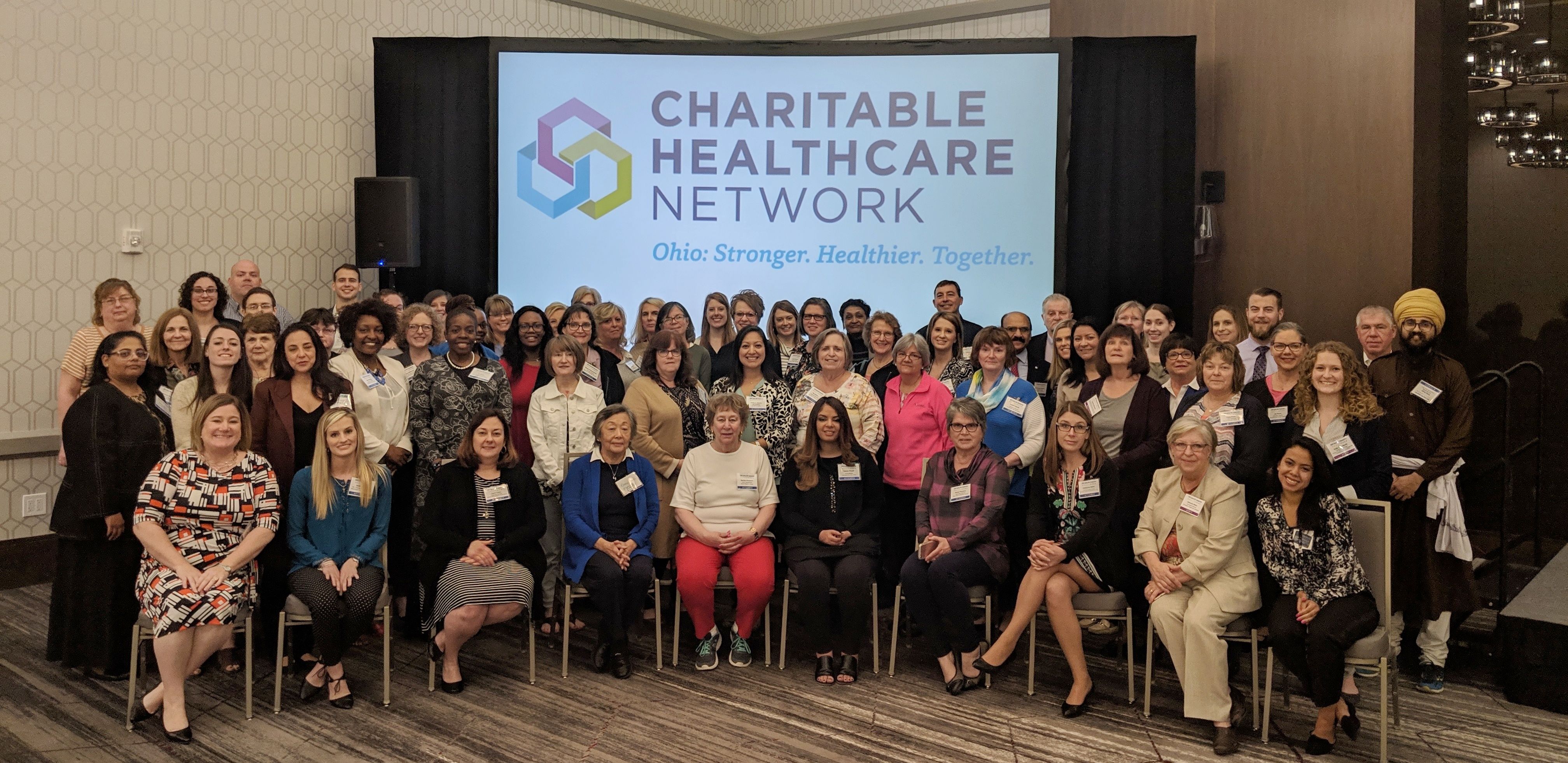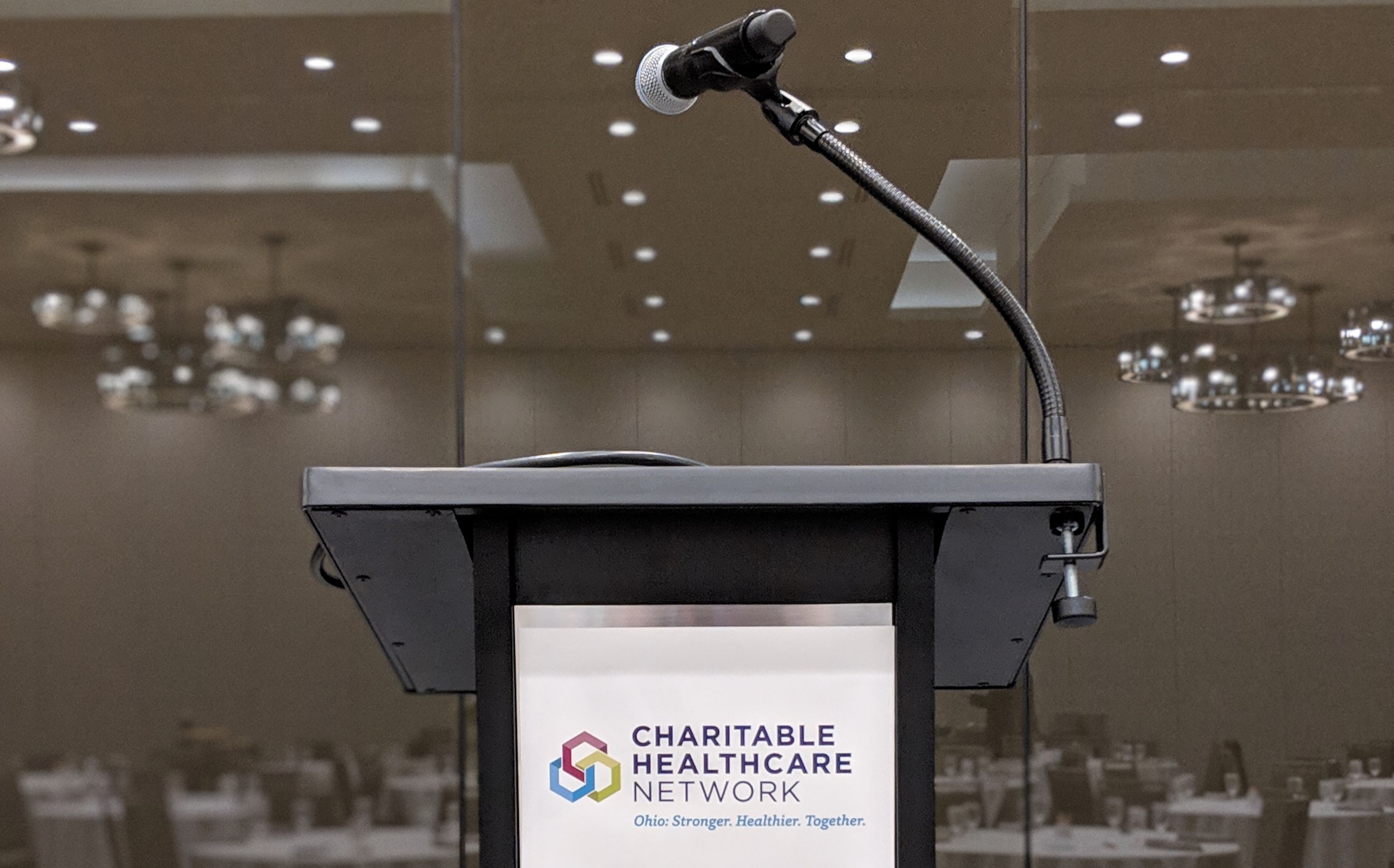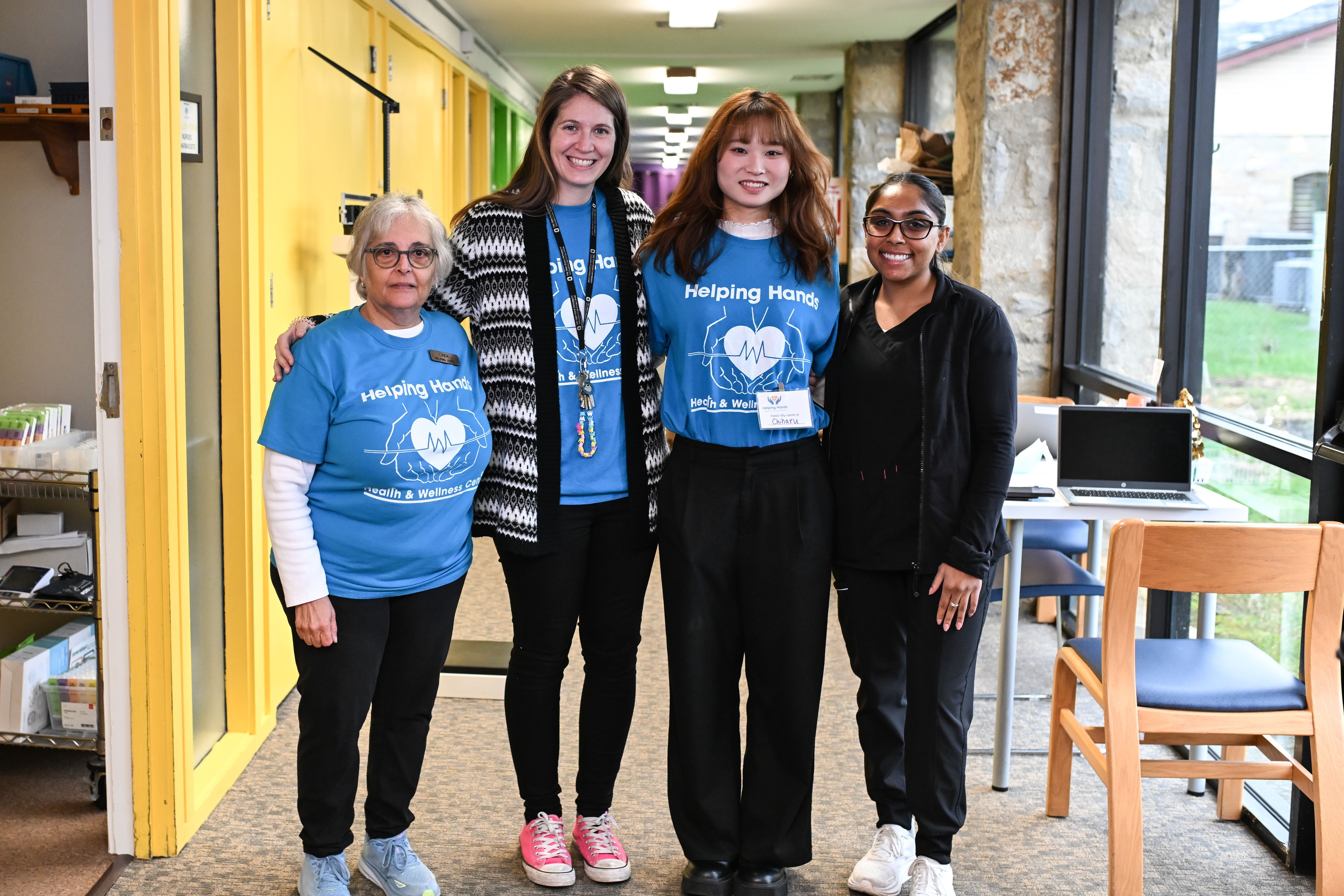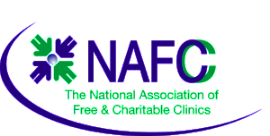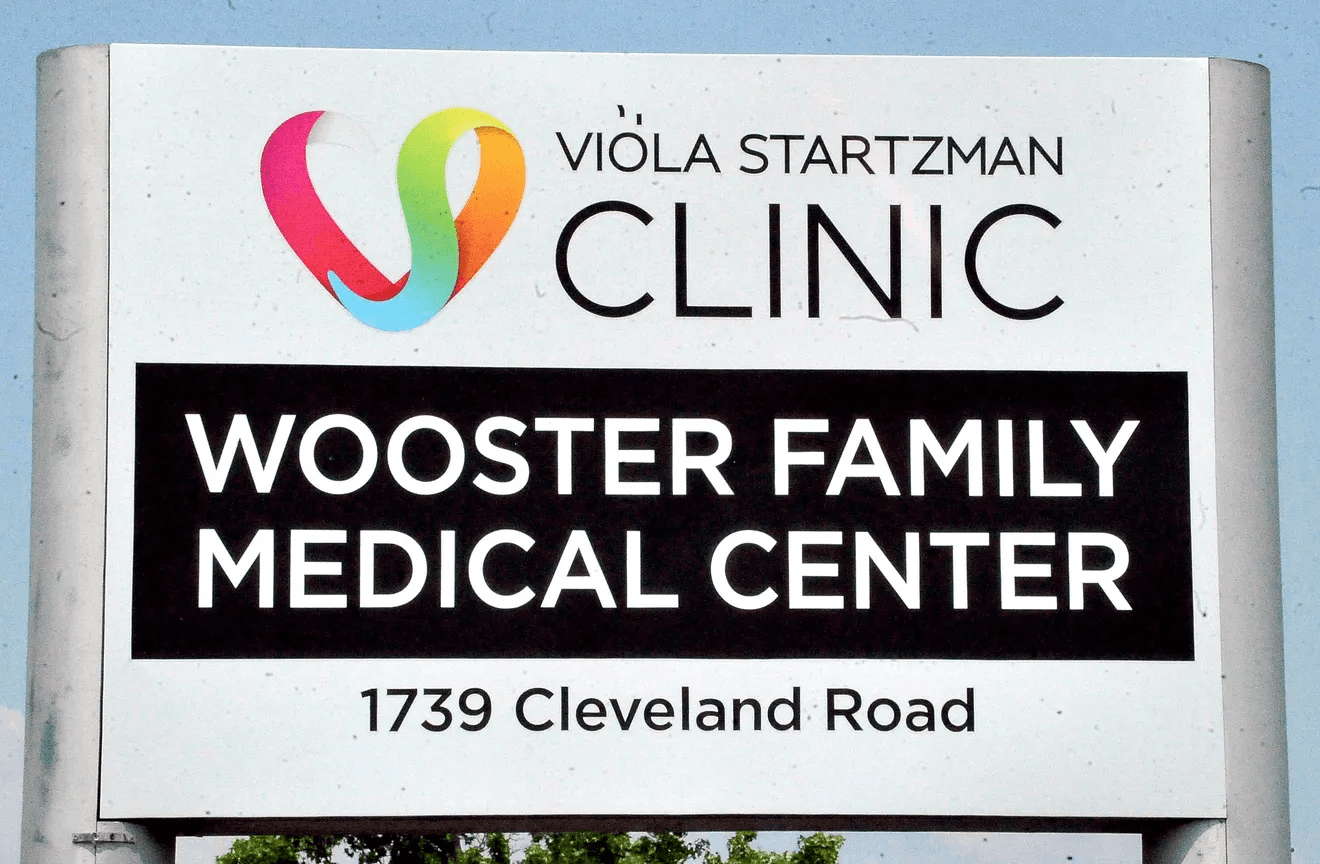
Wayne Health by Numbers: Rising ER visits, Chronic Illness and a Clinic Filling the Gap
By: Miranda McGrath
Full Article Credits to The Daily Record
For thousands of residents in Wayne and Holmes counties, the Viola Startzman Clinic is more than a doctor’s office. It’s a place of last resort, of first hope, and for many, the only consistent health care option they have.
"We serve people who fall through the cracks," said Executive Director Mark Yoder, a dually certified nurse practitioner in primary care and psychiatric mental health. “Whether it’s someone without insurance or someone who can’t afford their medications, they deserve high-quality care and that’s what we give.”
Founded in 1995 by Dr. Viola Startzman Robertson, a pediatrician, the nonprofit has grown into a full-service rural health clinic, providing primary care, mental health and dental services, prescription assistance and community navigation to anyone who needs it, regardless of income, insurance status or background.
Now in its 30th year, the clinic, at 1739 Cleveland Road. Wooster, is preparing to hold its first-ever fundraising gala Aug. 15 at Greystone Event Center to help sustain and grow services.
A lifeline in action: Amy Flesse's story
Amy Flessel, a lifelong Wayne County resident, knows firsthand what that kind of care means.
"I always thought Viola was just for the poor," she said. "But I couldn’t afford to see a regular doctor. No insurance, no money. When I heard Mark was here, I came. And they saved my life."
After being diagnosed with diabetes following a serious infection in 2013, Flessel struggled to manage her condition. In 2023, another infection threatened her health again. The clinic helped her to get on Ozempic, a costly medication retailing at over $1,000 per month, for free thanks to the staff’s efforts of applying through a pharmaceutical assistance program.
"It dropped my A1C, I lost 89 pounds and now I’m just on insulin," she said. "I’m in the normal range now. That drug, that support, it gave me my life back."
Beyond physical care, the clinic has supported her mental health as well.
"They don't just hand you a plan and send you away. They help you cope. They let you cry. That matters when you're struggling with a chronic disease."
Expanding care, expanding need
Yoder, who has been with the clinic for over two years, said in just the last five years, the number of patient visits has tripled and the amount of charitable care has more than doubled. In 2024, the clinic gave out nearly $1.3 million worth of charitable services.
Much of that growth has been fueled by the clinic’s expansion into mental health care. With multiple mental health providers on staff and two nurse practitioners, including Yoder and Jessica Franklin, dually certified in psychiatric care and primary care, the clinic can often schedule new patients within two weeks.
"Many issues start in primary care but have mental health components," Yoder said. "And people were waiting six to 12 months to see a psych provider. That’s why we built this out."
Franklin noted the clinic also serves as a connector to organizations like the Homework Bound day center, where clinic nurses visit weekly to triage residents, provide check-ins and help them access food, hygiene products, virtual visits or transportation to appointments.
The clinic also is working with Homeward Bound, a transitional housing program, to help homeless individuals access medical care. Every Thursday a nurse-led team from the clinic visits Homeward Bound to assess needs, schedule appointments and ensure residents are connected to primary and mental health services.
The clinic operates across two buildings - one housing primary care, mental health and a licensed pharmacy repository for donated medications, and the other providing dental care and hosting the clinic’s growing team of community health workers.
The clinic partners with Wooster Community Hospital and Cleveland Clinic for lab work, referrals and collaborative care.
Data backs the mission
The 2024 Wayne County Community Health Assessment confirms what the clinic sees daily:
- 43.9% of adults have high blood pressure (up from 26.7% in 2019)
- 41% are obese
- 14.4% have been diagnosed with diabetes
- The doctor-to-patient ratio is 2,030:1
- Emergency room visits have risen 59% in two years
Many patients delay or avoid care due to cost, causing their conditions to spiral. Yoder recounted a recent patient who hadn’t seen a doctor in 15 years.
"He came in with headaches. His blood pressure was through the roof and he had undiagnosed diabetes. That’s not uncommon," Yoder said.
Ohio Charitable Healthcare Network is 'the safety net of the safety net'
The Viola Startzman Clinic is one of 58 charitable clinics that make up Ohio's Charitable Healthcare Network, serving patients in 86 of the state’s 88 counties.
"We are the safety net of the safety net," said Jason Koma, the network’s executive director. "When people don’t have insurance and don’t know where to go, our clinics step in."
In 2024, network clinics served nearly 80,000 patients, provided more than 725,000 services, and delivered $224 million in care free or nearly free. Of those patients, 25% had diabetes. Nearly a third of diabetic patients missed work or were hospitalized due to their condition.
Koma said many patients face impossible decisions −pay for medications or feed their families. Clinics help stabilize those lives and reconnect patients to a system that’s often failed them.
"Our job isn’t just care. It’s restoring dignity," Koma said.
The network, funded in part by the state’s Free Clinic Safety Net budget line, currently $1.75 million per year, also provides oversight, advocacy and operational support. Koma said the funds are critical but not enough to keep all doors open, and many clinics face financial uncertainty as grants and donations decline.
“Our clinics vary in size, just like Ohio’s communities do,” he said. “But the quality of care should never vary. That’s why we help clinics build sustainable models, use data to improve outcomes, especially with chronic illnesses like diabetes, and make sure patients are treated with the respect they deserve.”
People in need of services can visit charitablehealth.org to find a local clinic or call 614-914-6458 to speak with a navigator.
Looking ahead: Awareness and funding for a 'pillar of the community'
With grants and donations declining, Yoder said it’s more important than ever for community members to understand the clinic is for everyone not just the uninsured.
"When you come here with insurance, that visit helps fund the next one for someone who can’t pay," he said. "That’s how we survive."
As the clinic looks to the future, it hopes the 30th anniversary gala will bring not just funding, but awareness.
"This clinic is a pillar of the community," Flessel said. "If you want the best care go to Viola.

